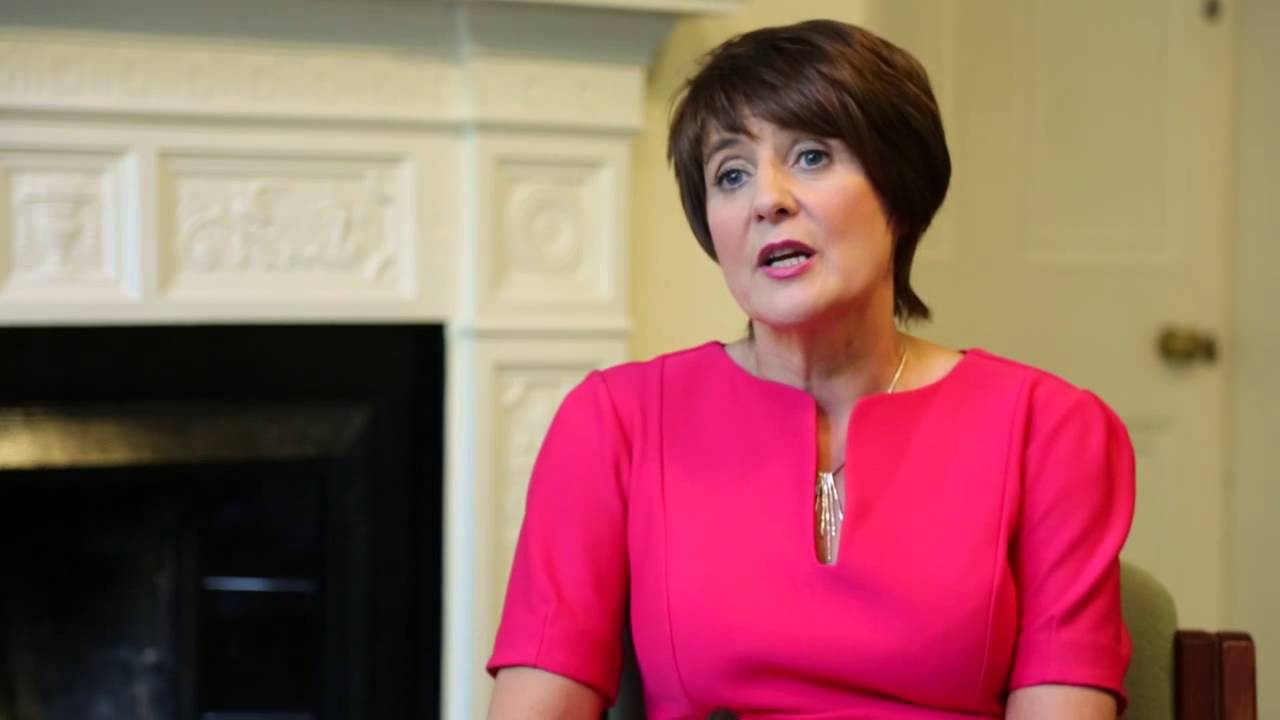A well-known Trinity professor has warned that the needs of people with intellectual disabilities “are not getting enough attention” during the coronavirus pandemic, and called for special care to be paid to those “least able to speak for themselves”.
Prof Mary McCarron, the director of the Trinity Centre for Ageing and Intellectual Disability, said that while older people with intellectual disabilities are “vulnerable to the adverse outcomes” associated with the pandemic, having an intellectual disability is not a risk when it comes to the virus itself.
“We need to exercise caution not to introduce bias or stigma”, said McCarron.
The Trinity Centre for Ageing and Intellectual Disability is currently partnering with a number of organisations to run free webinars about the coronavirus in order to help health and social care staff respond to the pandemic.
Older people with intellectual disabilities are vulnerable to poor outcomes if they contract coronavirus, as many already have other co-occurring diseases.
These include cardiovascular and respiratory problems, particularly in older people with Down syndrome, as well as a high risk of dementia.
In a press statement, McCarron said: “The response to the pandemic has identified many groups at risk. Those who are often least able to speak for themselves, people with intellectual disabilities, are not only at high risk but their unique needs are not getting enough attention.”
“There is a real worry about what might happen if someone in the house becomes ill”, McCarron continued. “And that’s why it is so important to put support in place so that health services can act quickly and appropriately to increase the chances of full recovery.”
Older people with intellectual disabilities have smaller social networks and fewer social supports than the general population.
Disruption to their routines and contacts due to the coronavirus places them at greater risk for social isolation and loneliness, potentially leading to poorer mental health outcomes. For those living at home with an ageing parent, themselves among the highest COVID-19 risk groups.
The Trinity Centre for Ageing and Intellectual Disability has partnered with the All-Ireland Institute of Hospice and Palliative Care, the Daughters of Charity Disability Support Service, St Francis Hospice Raheny, and Tallaght University Hospital to provide webinars for over 5,000 online learners.
The webinars have highlighted the need to support people with intellectual disabilities as they “cocoon” with a lack of normal structure or routine, as well as supporting the staff that are dealing with unprecedented pressures and potentially bereavement in residential care homes.
McCarron said: “Ultimately, it will not be about how many people test positive for COVID-19 but rather how they, and those who were in isolation with them, were cared for, and for those who unfortunately don’t survive, how they were supported through death and dying, and the impact that all of this had on family and staff caregivers.”







